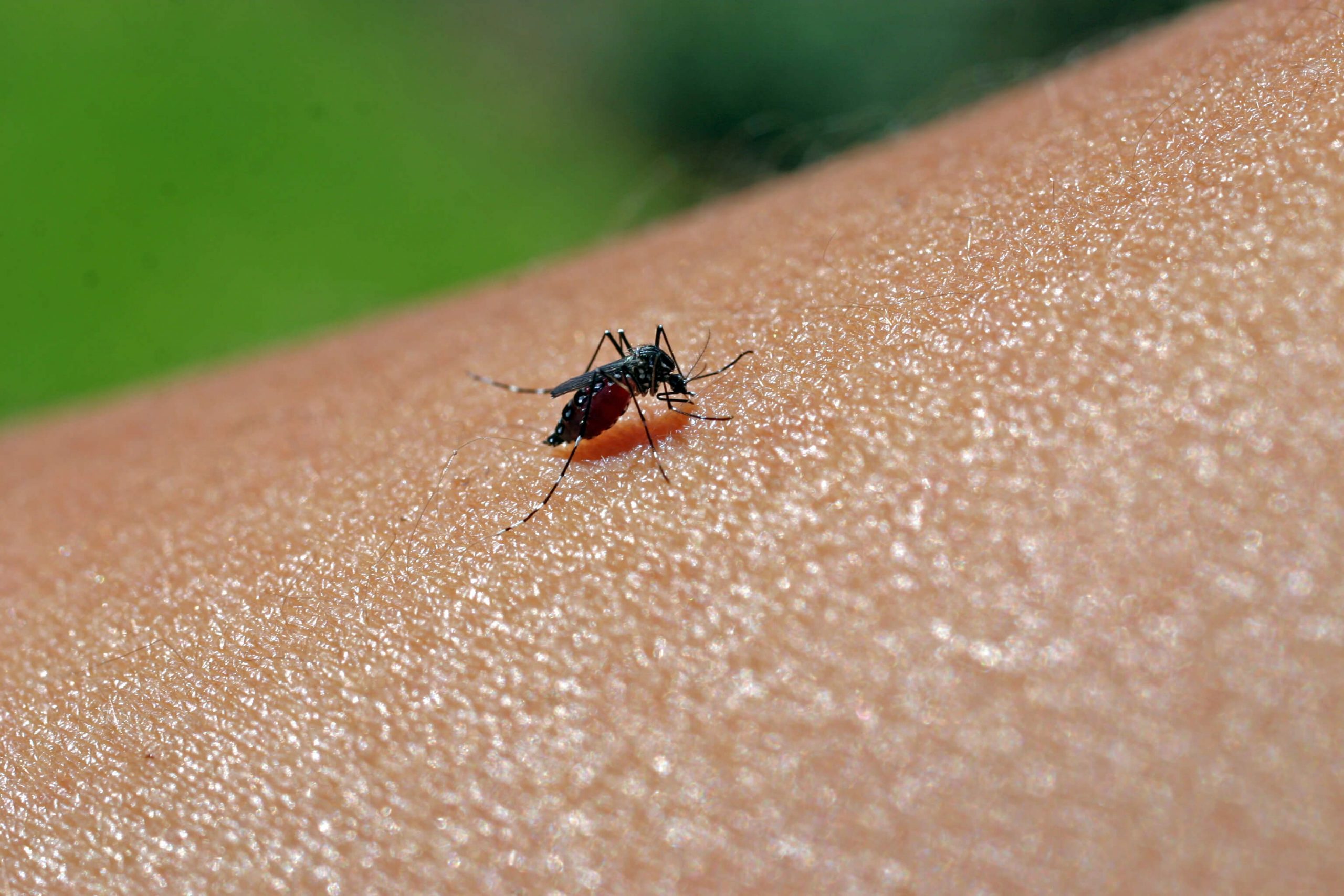Nutrition in malaria is as important as discussing the prevalence of this disease. According to the most recent World Malaria Report, which was released on November 30, 2020, there were 229 million cases of malaria in 2019, up from 228 million cases in 2018. The estimated number of malaria deaths in 2019 was 409,000, down from 411,000 in 2018.
Malaria is a potentially fatal disease caused by parasites transmitted to humans through the bites of infected female Anopheles mosquitos. The mosquito spreads the parasite from one infected person to the next. These parasites then infiltrate the bloodstream, infecting red blood cells. Malaria symptoms include fever, chills, headache, nausea, and vomiting, among others.
Who is at risk?
Malaria threatened nearly half of the world’s population in 2019. Sub-Saharan Africa has the highest number of malaria cases and deaths.
Some groups of people are at a much higher risk of contracting malaria and developing the severe disease than others. Infants, children under the age of five, pregnant women, and HIV/AIDS patients are among those affected.
What can be done towards fighting malaria?
National malaria control programs must take special precautions to protect these populations from malaria infection, taking into account their unique circumstances. If a person becomes infected with malaria, nutrition is critical to ensuring quick recovery and response to medication.
Any specific nutrition in malaria or diet?
There is no specific nutrition in malaria or diet, but adequate nutrition is critical for improvement. A good diet should focus on strengthening the patient’s immune system while not negatively impacting the liver, kidneys, or digestive system. To help the patient tolerate the food, encourage eating small amounts of food on a regular basis.
Recommendations for nutrition in malaria:
When developing a nutritional plan for a malaria patient, the following factors should be considered.
Increase in calorie need
Fever is an important factor because it raises the body metabolic rate (BMR), which increases the individual’s calorie requirements. The calorie requirement increases in direct proportion to the degree of temperature rise. Fever causes a decrease in appetite as well as a decrease in food tolerance, making it difficult to eat. Consume foods that provide instant energy, such as glucose water, sugarcane juice, fruit juice, coconut water, sorbet (a mixture of sugar, salt, and lemon in water), and so on.
Protein need
Malaria’s massive tissue loss will increase the need for protein. Keep an eye on your protein consumption. A high-protein and low-carbohydrate diet promote protein utilization for tissue building. Milk, fish (stew), chicken (soup/stew), eggs, and other high biological value protein foods can help meet the requirement.
Limit your fat consumption
Consume fats in moderation. Because they contain medium-chain triglycerides (MCT), dairy fats such as butter, cream, fats in milk products, and so on aid digestion. Excessive fat consumption in cooking or eating fried foods worsens nausea and impairs digestion, resulting in diarrhoea.
Be careful about vitamin intake
Malaria causes a lot of electrolyte and water loss. Food preparations such as juices, stews, soups, rice water, coconut water, and so on help to keep it in check. Carrots, beets, papaya, fruits, especially citrus fruits (e.g., orange, pineapple, grapes, berries, lemon, etc.), and vitamin B complex rich foods can help boost immunity.
However, Vitamin C may have additional detrimental effects in malaria. Results from an experimental study have shown that concurrent administration of artemether and ascorbic acid compromised the rates of parasite clearance in P. berghei malaria infection in mice. This effect was more pronounced at higher doses of ascorbic acid. The high doses of vitamin C by itself could inhibit the growth of the malarial parasite to some extent 1.
Increase fluid intake
The importance of water cannot be overemphasised. Consume 3 to 3.5 litres of water per day to compensate for the body’s fluid losses.
Malaria patients should avoid the following foods:
- Do not eat green leafy vegetables, fruits with thick skin and whole-grain cereals that are high in fibre.
- Avoid high-fat foods like fries, chips, pastries, anything with a lot of cheese, and so on.
- Consume no spicy or hot foods.
- Also, do not excessively consume caffeinated beverages, such as tea, coffee, cocoa, and other caffeinated beverages, etc.
To commemorate World Malaria Day today, share this article with family and friends to educate them on recent malaria statistics and knowledge on nutrition in malaria for the infected.
#WORLDMALARIADAY #DRAWTHELINE #ZEROMALARIA #ZEROMALARIASTARTSWITHME
References:
Cover photo – https://upload.wikimedia.org/wikipedia/commons/5/55/Mosquito_sucking_blood_1.jpg
https://www.who.int/news-room/fact-sheets/detail/malaria

